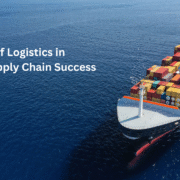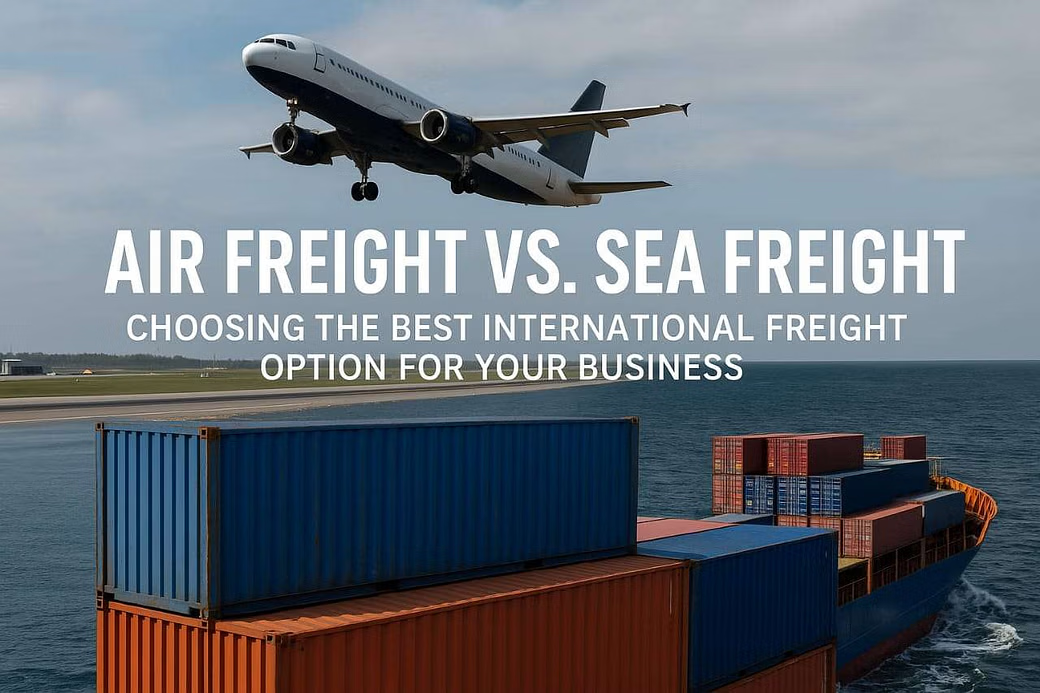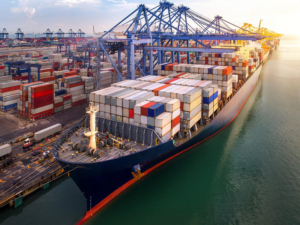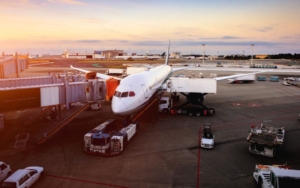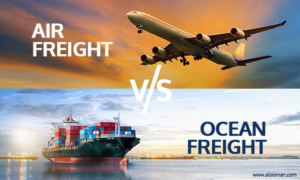Best Practices for Safe Packaging in International Shipping
Introduction
In the fast-paced world of global trade, the success of international shipping depends not only on timely delivery but also on the safe arrival of goods. Poor packaging often leads to cargo damage, customer dissatisfaction, and financial loss. That is why businesses today must prioritize safe packaging as a crucial part of their logistics process. By following the right strategies, companies can protect their shipments, maintain their reputation, and build long-lasting relationships with clients.
At Mass Shipping Line, we understand the importance of safe and secure packaging in international logistics. With years of experience as a trusted logistics company, we help businesses safeguard their cargo during transit across borders.
Why Safe Packaging Matters in International Shipping
The journey of goods in international shipping is often long and complex, involving multiple modes of transport such as trucks, ships, and sometimes air freight. During this process, cargo is handled repeatedly, increasing the chances of damage if it is not packed properly.
Safe packaging ensures:
-
Protection from rough handling and stacking.
-
Resistance to environmental factors like moisture and temperature changes.
-
Compliance with international shipping regulations.
-
Lower insurance claims and reduced financial losses.
Simply put, safe packaging is not an expense, but an investment in the safety and success of your global trade.
Best Practices for Safe Packaging in International Shipping

1. Choose the Right Packaging Materials
The foundation of safe packaging lies in selecting durable and appropriate materials. Corrugated boxes, wooden crates, and plastic containers are commonly used in international shipping. Always choose materials that can withstand long transit times and rough handling.
-
Corrugated cartons for lightweight items.
-
Wooden crates or pallets for heavy machinery or fragile goods.
-
Plastic wrapping and shrink films for added protection against moisture.
At Mass Shipping Line, we recommend using internationally approved packaging materials that ensure compliance and maximum cargo safety.
2. Cushioning and Internal Protection
Even the strongest outer packaging needs internal support. Bubble wrap, foam, packing peanuts, and air cushions act as shock absorbers, protecting items from vibration, compression, and sudden impact.
Double-pack and clearly label fragile goods such as glass, electronics, or medical instruments. Use proper cushioning to reduce breakage and build customer trust.
3. Secure Palletization
Pallets are widely used in international shipping to consolidate goods and ensure easy handling. For safe palletization:
-
Distribute weight evenly across the pallet.
-
Use stretch wrap and strapping to secure cargo tightly.
-
To prevent such risks, avoid overhanging items that can be damaged during movement.
Strong palletization is one of the most effective methods to minimize risks in cross-border trade.
4. Weather-Proofing the Shipment
During long-haul shipping, goods are often exposed to extreme conditions such as humidity, rain, or fluctuating temperatures. As a result, companies must take proactive steps to ensure safe packaging.
-
First, use moisture-resistant packaging.
-
Next, apply desiccant packs inside boxes.
-
Finally, seal containers tightly to prevent leaks or spills.
In addition, if your cargo is perishable or temperature-sensitive, insulated containers or refrigerated shipping solutions are essential.
5. Clear Labeling and Documentation
Improper labeling is a common cause of shipment delays and misplacement. Therefore, it is essential to include clear and accurate information on every package.
-
First, add shipping and return addresses.
-
Next, include handling instructions (e.g., “Fragile,” “This Side Up”).
-
Finally, ensure that a barcode or tracking number is attached.
Moreover, proper documentation also prevents customs clearance issues in international shipping, ensuring smooth transit and timely delivery.
6. Compliance with International Standards
Every country has its own shipping regulations. Failure to comply can result in fines, shipment delays, or rejected cargo. To avoid such risks:
-
Follow International Maritime Dangerous Goods (IMDG) guidelines for hazardous cargo.
-
Ensure wooden packaging materials meet ISPM 15 standards.
-
Use certified packaging for food and pharmaceuticals.
Therefore, Mass Shipping Line helps businesses navigate these regulations ensuring their cargo is packaged and shipped according to international laws.
7. Regular Quality Checks
Safe packaging is not just about one-time preparation; it requires regular monitoring. Businesses should conduct packaging audits, test different materials, and upgrade packaging methods as needed.
By continually improving, companies can adapt to new shipping challenges and maintain high-quality service.

How Mass Shipping Line Ensures Safe Packaging
As a trusted logistics company, Mass Shipping Line goes beyond transportation – we focus on securing your cargo from start to finish. Our team provides:
-
Expert advice on packaging solutions.
-
Customized handling for fragile and oversized cargo.
-
End-to-end logistics support, from pickup to final delivery.
By choosing Mass Shipping Line, businesses can ensure their cargo is packaged and shipped with the highest standards of safety and reliability.
Conclusion
Safe packaging plays a vital role in ensuring smooth international shipping. From choosing the right materials and palletizing properly to weather-proofing and compliance, every step matters in preventing damage and loss.
For businesses that want to build trust and protect their cargo, partnering with an experienced logistics company is the key. At Mass Shipping Line, we help you implement best practices for safe packaging, ensuring your goods arrive securely and on time – no matter the destination.


